
Kenya Trip
NYUMBANI HOME
-Project of Father Angelo D’Agostino (Jesuit Priest & Medical Doctor) as a response to the issue of millions of orphans in Africa. Currently there are more than 15 million orphans in the continent.
-Children’s Orphanage for HIV Positive Children whose parents have died or abandoned them. Currently Home to about 100 children between the ages of 2 and 18.
-Sister Mary and another Nun take care of the Children along with a volunteer staff
-Have Nurses who administrate medication daily to the children.
-Children receive the proper nutrition, love, care, and schooling needed to have somewhat normal lives.
-Nyumbani Home has reached almost 3,000 children since the late 1980s until present.
-Nyumbani has the technology to test children and even babies for HIV.
-There are different buildings where the children live according to their age and gender. The teens live in houses by themselves and cook and clean on their own after being taught how to do so.
-SCHOOLING
-The youngest attend preschool at Nyumbani Home, while the other children go to school in the nearby community and city schools.
-FACILITIES
-Nyumbani Home has a full size playground, basketball court, and soccer fields for children to play. There is also a computer lab for doing projects and for further educational purposes. Mass is held every Sunday and the children participate as alter servers, Eucharistic Ministers, Lectors, singers, and dan cers.
cers.
We spent some time a few days at Nyumbani Home with the children giving of ourselves to them by playing and just loving on them in any way possible. We went to Mass two times at Nyumbani Home and did other activities with the kids such as the computer lab.
NYUMBANI VILLAGE KETUI
-We also spent 5 days and 4 nights in Ketui a village 5 hours from Nairobi the capital city of Kenya. The goal of the village is to be made self sustaining so that the people can live off of the land and with the support of each other. Children who have been orphaned because of HIV/AIDS killing their parents live with grandparents in the village homes.
-At the village we lived in a guest house which was equipped exactly how the villagers houses were. There was no running water, no plumbing (as we went to the bathroom in a hole) and no electricity.
-For the days we were at the village we w orked along side the people there:
orked along side the people there:
Clearing fields, watering thousands of small trees (which are used for fire wood for cooking), making Jicos (outdoor cooking stations), teaching in the school, covering books and assisting the teachers, and playing with the children.
-The average meal consisted of rice and beans and some bread.
-The kids were amazing: they were so attracted to us, just like at Nyumbani Home. We played soccer and just relaxed with them sharing English words as they taught us Kiswahili. There was a special connection made as we developed close friendships with some of the kids and even were taught African handshakes.
-There were a couple of amazing things in Ketui:
Because we had to wash our clothes outdoors in a wash basin using a bucket of water and soap, it was not easy and the children knew this was new for us so they raced over and helped us wash our clothes.
One day I cam back and was filthy from working in the field and my legs were extremely muddy so one little girl came over to me and started wiping off my leg with soap and water…I couldn’t believe this.
The most amazing thing was the children coming to us and wanting to write in our notebooks so they did and wrote their name, standard (grade) in school, and how old they were.
But one little boy stood out above the rest his name we later found out was Kamanzi but we called him Larry. At two years old he first went to the bathroom, then took off all his clothes and placed them in the wash basin. All by himself with no one else around except for me observing, he thoroughly washed his shirt and shorts. After taking them to his sister to hang up, he cam back out and got in the wash basin only to give himself a complete bath washing his hair down to his feet. It was truly remarkable.
LEA TOTO PROGRAM VISITING THE SLUMS
-We also worked many days with the Lea Toto Program, an organization which administrates medication and food to HIV positive children and their families in the slum areas around Nairobi.
-We went around with the social workers to five different slums including: Kariobangi, Kibera, Dandura, Karangwari, and Kangemi. The majority of these slums had at least 200,000 people residing in them and the largest being Kibera had over a million.
Lea Toto has serves over 2,000 families in the Nairobi area in these five slums and distributes food to over 900 families.
Lea Toto has also funded members of the program to start them off with small businesses—hoping that eventually the people can provide for themselves.
The organization continues to attempt to educate as many people as possible about HIV/AIDS.
-When visiting with the clients of Lea Toto we talked with them about their lives, about what the program is doing for them, and just gave them all the support and love we could.
One woman we visited with said she wanted people to know how beneficial and helpful Lea Toto is and because of the free medication for HIV and food her children have a chance for a better life.
All the families we visited were happy that we would spend some of our time with them, they were extremely hospitable and appreciative to us. The one thing that they all would agree on is that they do not want to be forgotten, as they want others to know that their lives can be better if we collectively care to do something about it.
-We also visited High Schools and talked with students about U.S. education, U.S. politics, there interests in studies, and their goals.
CONDITIONS
No Sanitation
No Sewage—people are forced to go to the bathroom in their homes, allies, or streets.
No Running Water
Minimal Electricity
Rent costs about $15 per month and many people can’t afford it or struggle to pay.
The houses are shanty shacks made of metal roofs and boarded walls, as well as a cement mixture
On average a home can have 5-10 people and is about 40 square feet.
Garbage Heaps are everywhere and line the streets.
The Crime is horrible as there are murders daily, big gangs and violence, and a serious problem of drugs and alcohol. It is unsafe to go outdoors at night, especially after 9 pm, therefore the people have heavy padlocks or huge stones in front of their doors.
Tens of thousands of people are without jobs as there are no jobs in these areas.
Those who do work: sell fruits and vegetables, charcoal, repair bikes, work in the fields, shoe maker, shoe polisher, hair salon, metal worker (welder), secondary clothing stand, construction worker, matatu (public transportation) driver, butcher, coca cola stand woker.
PROBLEMS
The Government is extremely corrupt and although the country is Democratic, the people get to vote in a President but that is basically all the say they have. The government and country has enough resources and finances that the poverty level could be minimized to that like the United States, but instead the president and his ministers keep filling their pockets, bank accounts, as well as buying many enormous homes and expensive cares, while the people continue to suffer. Therefore the country is run more similar to a dictatorship in that what the President says goes even though there is a constitution because the people’s “rights” are not truly protected.
Police are extremely corrupt as they are tied to the government and do not serve the people or treat them fairly all of the time.
Nature of Kenya
Lastly we visited some national parks to see the geysers, lakes, vegetation, the Great Rift Valley which extends from Russia to South Africa, and animals that inhabit Kenya. The country is one of the most diverse regions in the world and we were able to see Lions, Leopards, Rhino, Elephants, Giraffes, and Buffalo to name a few.
Certainly this is God’s Country, Gods land, and God’s people. These people have so much hope despite their living conditions and lack of good health. They also have an incredible amount of faith in God and religion, as well as a spiritual life is so vital to their being. They get up every morning and live the best life they can, but will hopefully have a better life over time with our collective efforts as we serve our fellow brothers and sisters.
Thank you very much for you time, support, and willingness to listen to my experiences from my trip to Kenya. May God bless you and may your future be filled with peace, happiness, and light.
Log on to www.nyumbani.org to find out more about Nyumbani Home, Nyumbani Village, and the Lea Toto program.












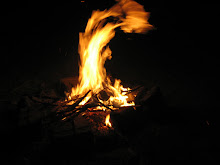
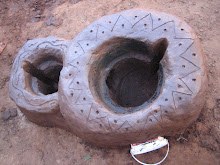
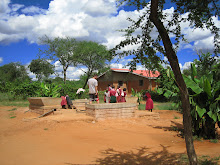

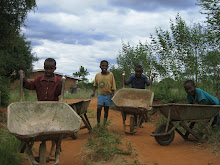
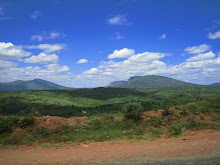



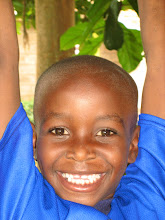
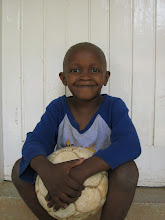

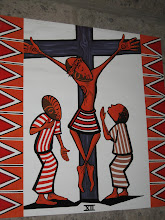
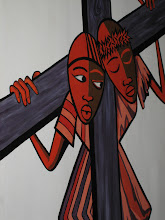

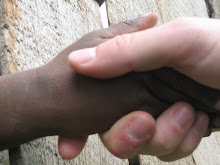


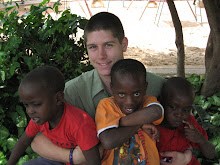
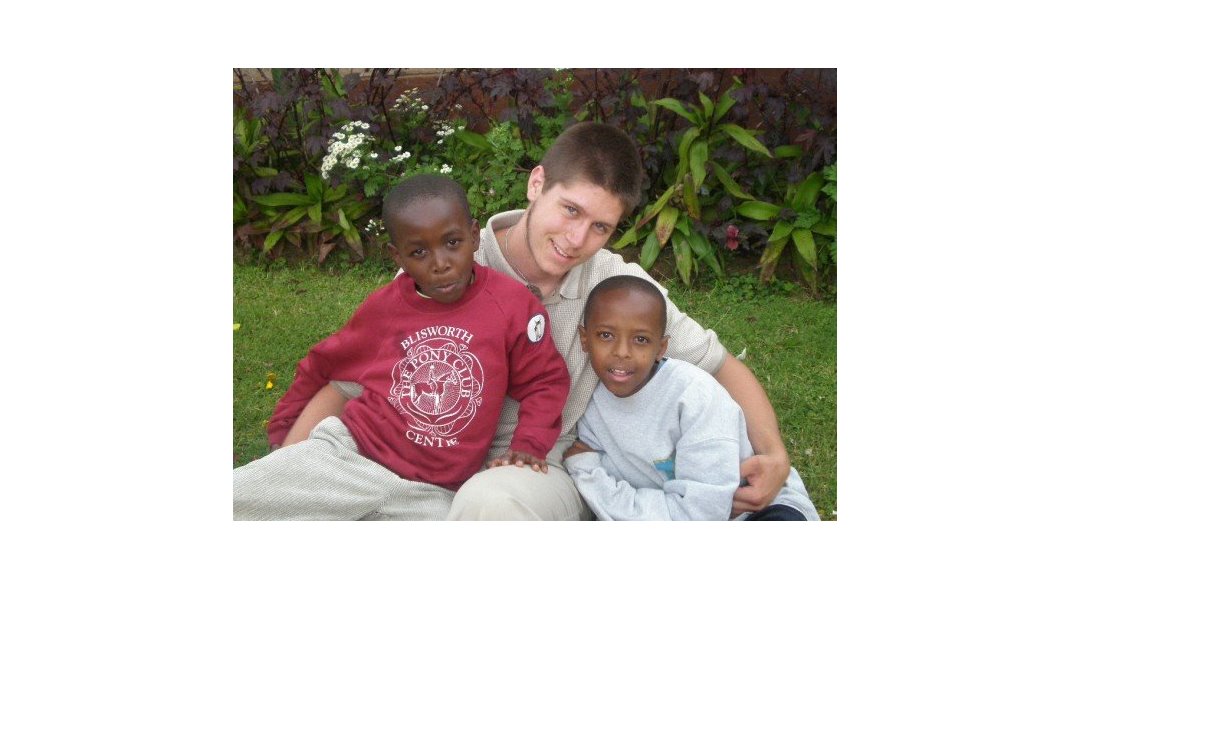


No comments:
Post a Comment